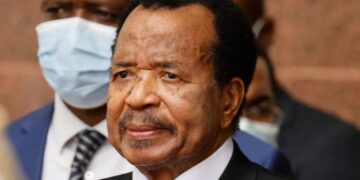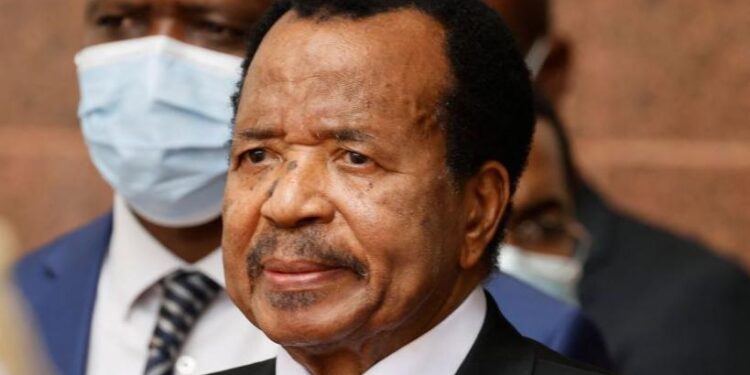Ahead of Cameroon’s pivotal presidential election set for October 2025, Catholic Bishops across the nation have intensified their calls for President Paul Biya to step aside, citing his age and concerns over his ability to govern effectively.
At 92, Biya is the world’s oldest sitting head of state and has ruled Cameroon for over four decades. While he has not officially declared his candidacy, his New Year’s address suggested he might seek to extend his tenure. This has drawn sharp criticism from religious leaders and political analysts, who argue it is time for new leadership.
Addressing National Frustrations
Bishop Barthelemy Yaouda Hourgo of the Yagoua Diocese voiced concerns about the country’s deepening challenges during an interview on Equinoxe TV. He highlighted the toll of prolonged governance issues, including the ongoing separatist unrest in English-speaking regions and threats from Boko Haram in the Far North.
Similarly, Bishop Emmanuel Abbo of Ngaoundere condemned what he described as the government’s suppression of dissenting voices, expressing alarm over the lack of freedom for citizens to air their grievances.
A Call for Change and Renewal
Archbishop Samuel Kleda of Douala made his position clear, labelling the idea of Biya continuing in office as “unrealistic.” Speaking on Radio France Internationale (RFI), he emphasised the inevitability of change, saying, “At some point, we leave this world. We are not immortal.”
Meanwhile, Archbishop Jean Mbarga of Yaoundé called on citizens to embrace their responsibilities during this critical year, which he described as both a spiritual and political milestone. “We are entering a jubilee year and an election year,” he said, urging the faithful to take an active role in shaping the nation’s future.
A Unified Message for Leadership Transition
The Bishops have reinforced their message during their 48th Plenary Assembly, currently underway in Buea. The gathering, which concludes on 11 January, has been a platform for discussing Cameroon’s path forward. Their collective appeal for a leadership change reflects growing unease about the country’s direction and the urgency for renewal in governance.



































